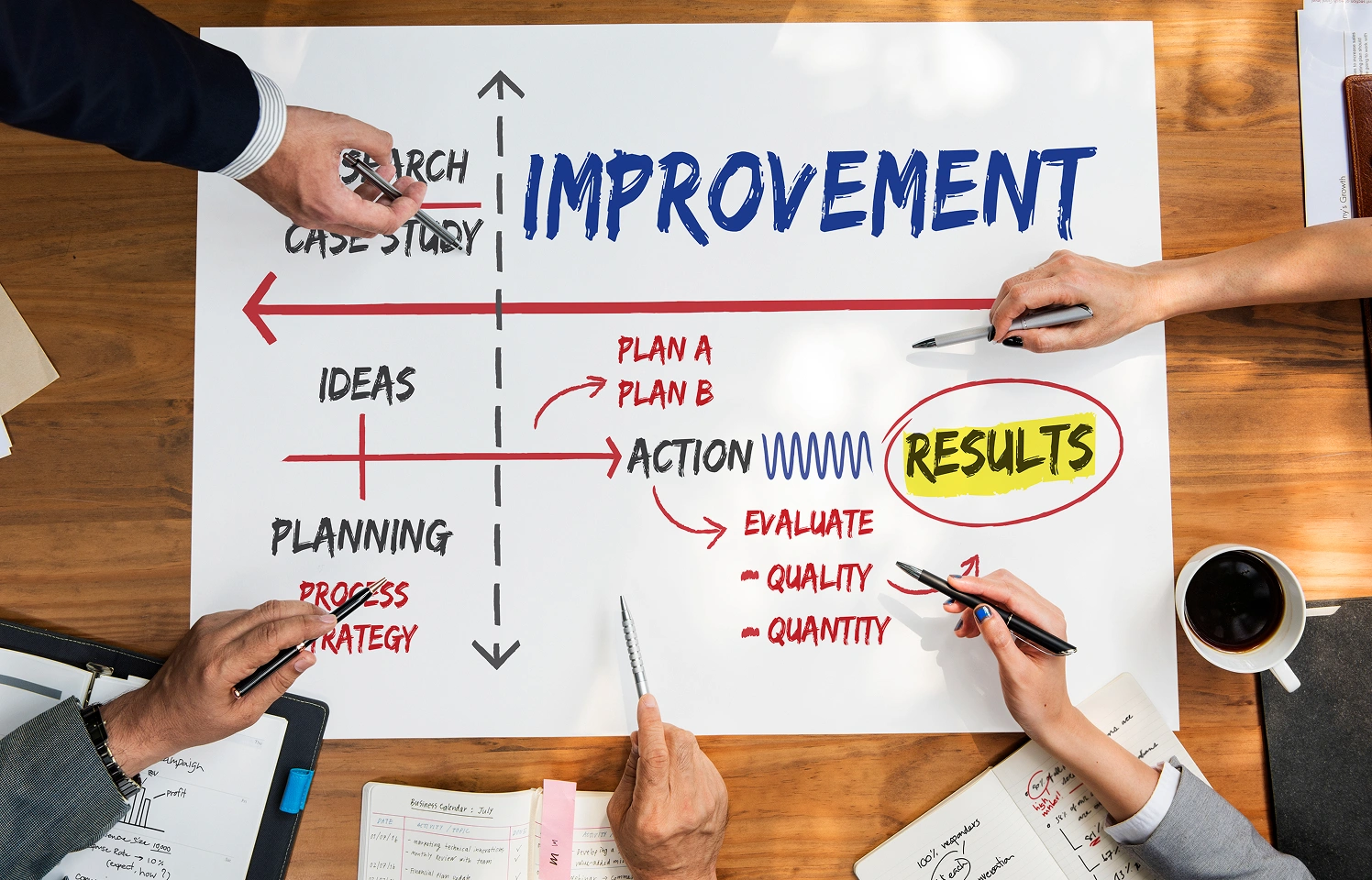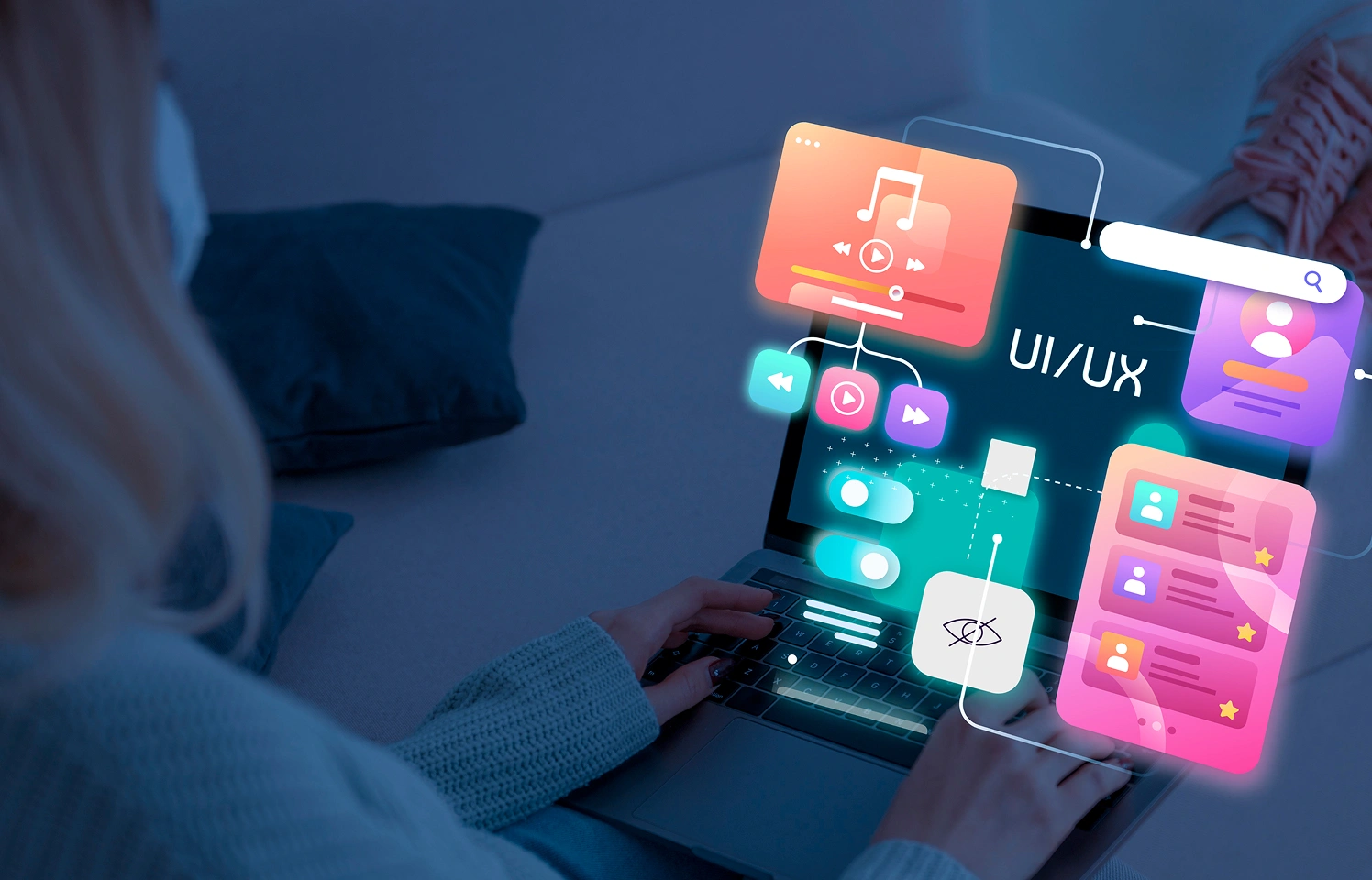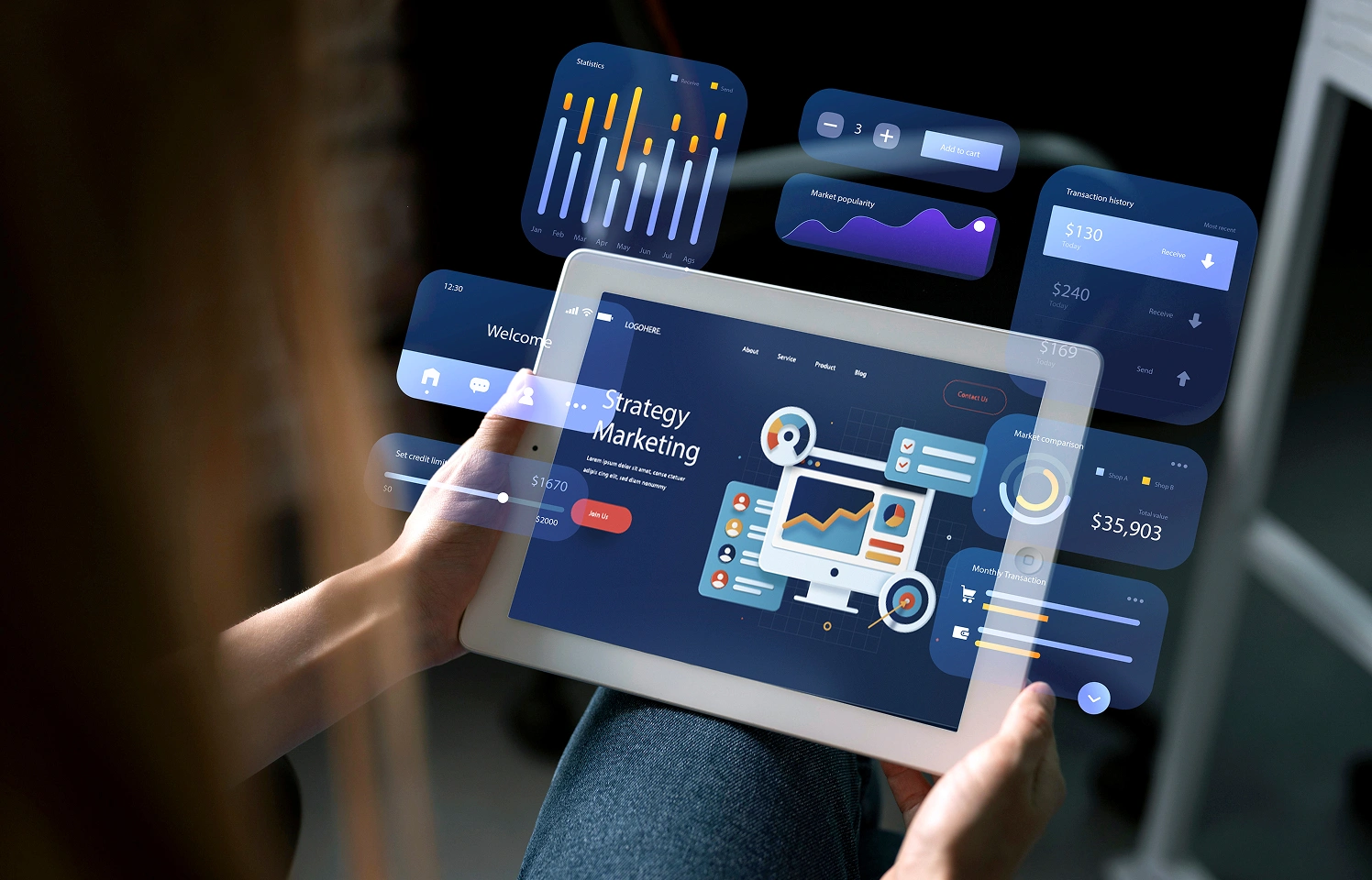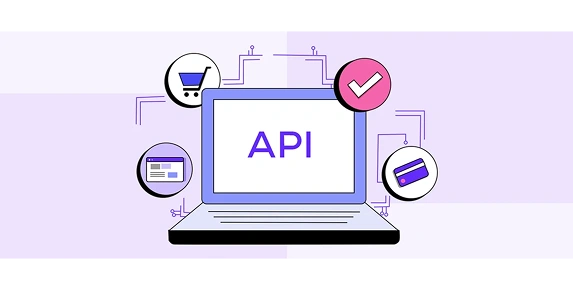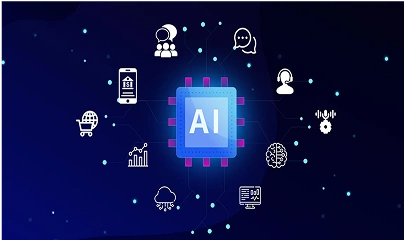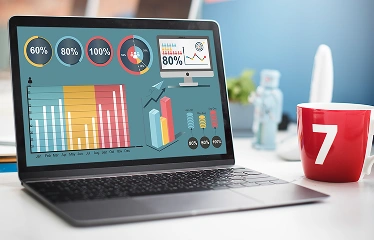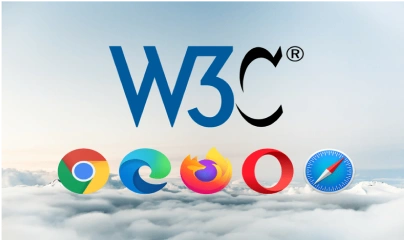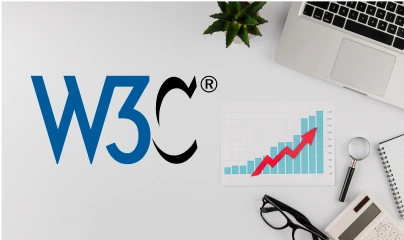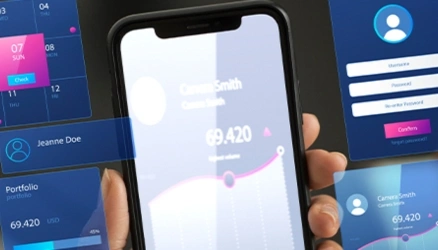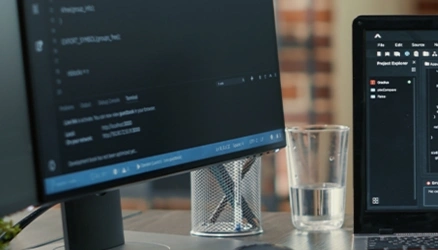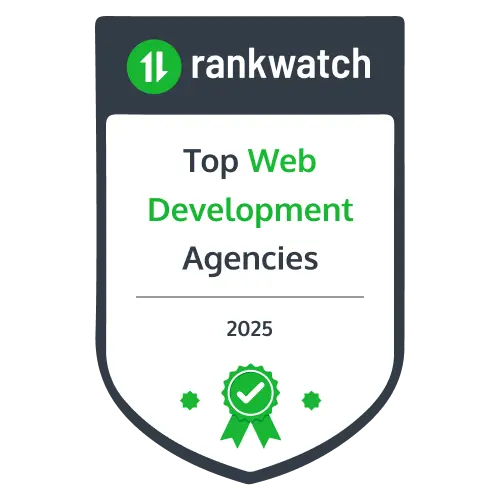By: Nilesh Jain
|
Published on: June 14, 2025
Let’s face it, building a mobile app isn’t just about the idea anymore. It's about choosing the right platform that gets your app in front of the right users at the right time.
Whether you're a startup founder or a tech lead at a mid-size enterprise, the question remains the same: Should you build for iOS, Android, or both?
At Vervali, we’ve worked with dozens of businesses worldwide that struggled with this decision. Here’s what we’ve learned and how you can make the smartest call for your app in 2025.
Start with One Big Question: Who Are You Building For?
Your audience should drive your decision, not trends.
iOS users tend to be more affluent and brand-conscious. iPhones still dominate in urban regions, especially among high-income professionals. If you're building a premium service, fintech, health-tech, or luxury e-commerce platform, starting with iOS app development might make sense.
Android users, on the other hand, make up a much larger portion of the global market and are more dominant in developing markets and across a wider income range. Android wins when it comes to reach.
Pro Tip: If your goal is mass adoption or you're targeting diverse user segments, Android app development could offer better initial traction.
Budget & Timeline: Know What You’re Getting Into
The cost of building Android and iOS apps varies, but not as drastically as you might think.
-
iOS apps usually cost slightly less to develop due to fewer device types and OS versions.
-
Android apps, thanks to fragmentation, may need more testing, which adds to development time and QA costs.
Now, if you're thinking of launching on both platforms simultaneously, prepare for higher budgets and longer timelines unless you’re considering a cross-platform app.
Want a cost breakdown based on your idea?
Native vs Hybrid Apps: What Should You Choose?
The debate between native vs hybrid apps isn’t new, but it’s more relevant than ever.
-
Native apps (built separately for iOS and Android) give better performance, UI control, and access to device-specific features. Ideal for apps that rely heavily on hardware (like GPS, camera, sensors).
-
Cross-platform apps (using Flutter, React Native, etc.) allow you to build one app for both platforms, reducing costs and speeding up delivery.
But here’s the catch: not every project suits cross-platform development.
If speed-to-market and budget are critical, cross-platform works. But if user experience and app complexity matter more, native may be your better bet.
iOS vs Android: Which Is Better for Monetization?
Another key factor is how you plan to make money from your app.
So if you’re building a subscription-based or in-app purchase-heavy product, iOS might offer faster ROI. For ad-based revenue models, Android’s larger user base can work better.
Let Vervali help you strategize.
What About App Store Approval and Updates?
Time-to-market matters. Here’s how both platforms stack up:
-
iOS App Store: Strict guidelines, manual reviews, 2–3 days approval time. But better security and credibility.
-
Google Play Store: Easier and faster submissions, automated reviews, usually live in hours.
If you plan to iterate fast, Android may feel more forgiving. But remember, users tend to trust iOS apps more, especially in regulated industries like finance, healthcare, and legal.
When Should You Build for Both?
If your app has:
Then yes, going for both iOS and Android could be the right move, either natively or through cross-platform apps.
But if you’re just starting out, it’s smart to test the waters on one platform, learn from real users, and then scale.
Final Thought
There’s no one-size-fits-all answer.
But there’s a right choice for your app and it starts with asking the right questions. At Vervali, we help UAE startups and enterprises make smarter tech decisions that align with business goals.
Frequently Asked Questions (FAQs)
Start with the platform your target users are most active on. If your market is the UAE, iOS could be a strong starting point.
Native apps are built separately for iOS and Android. Cross-platform apps use one codebase for both, saving time and money.
Not always. Android often needs more testing due to device variety, which can increase cost.
iOS usually generates more in-app revenue. Android has a larger user base but lower average spending.
Costs vary by complexity, features, and platform. Talk to an agency like Vervali for an exact quote.
Yes, especially for MVPs. They allow you to go live faster on both iOS and Android without doubling the cost.
Google Play apps can go live in hours. Apple App Store reviews take 2–3 days.
iOS leads in urban regions; Android dominates overall numbers. It's best to check based on your audience.
Only if you have a budget and validated demand. Otherwise, start with one, iterate, then expand.
Absolutely. Our product consultants offer free discovery calls to help you make informed decisions.














